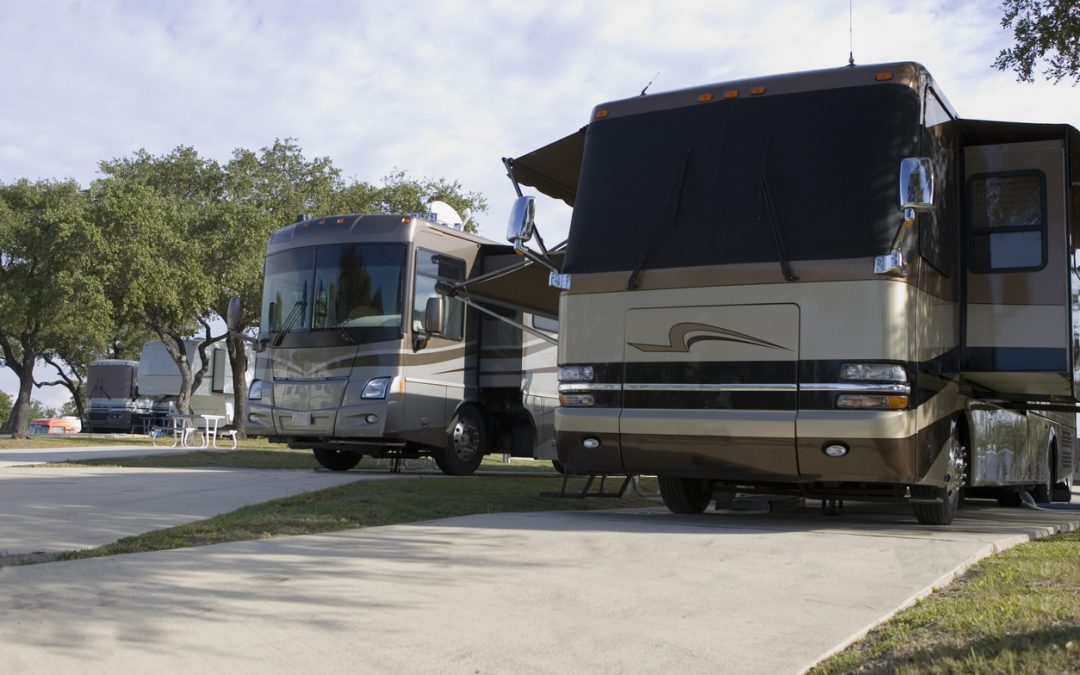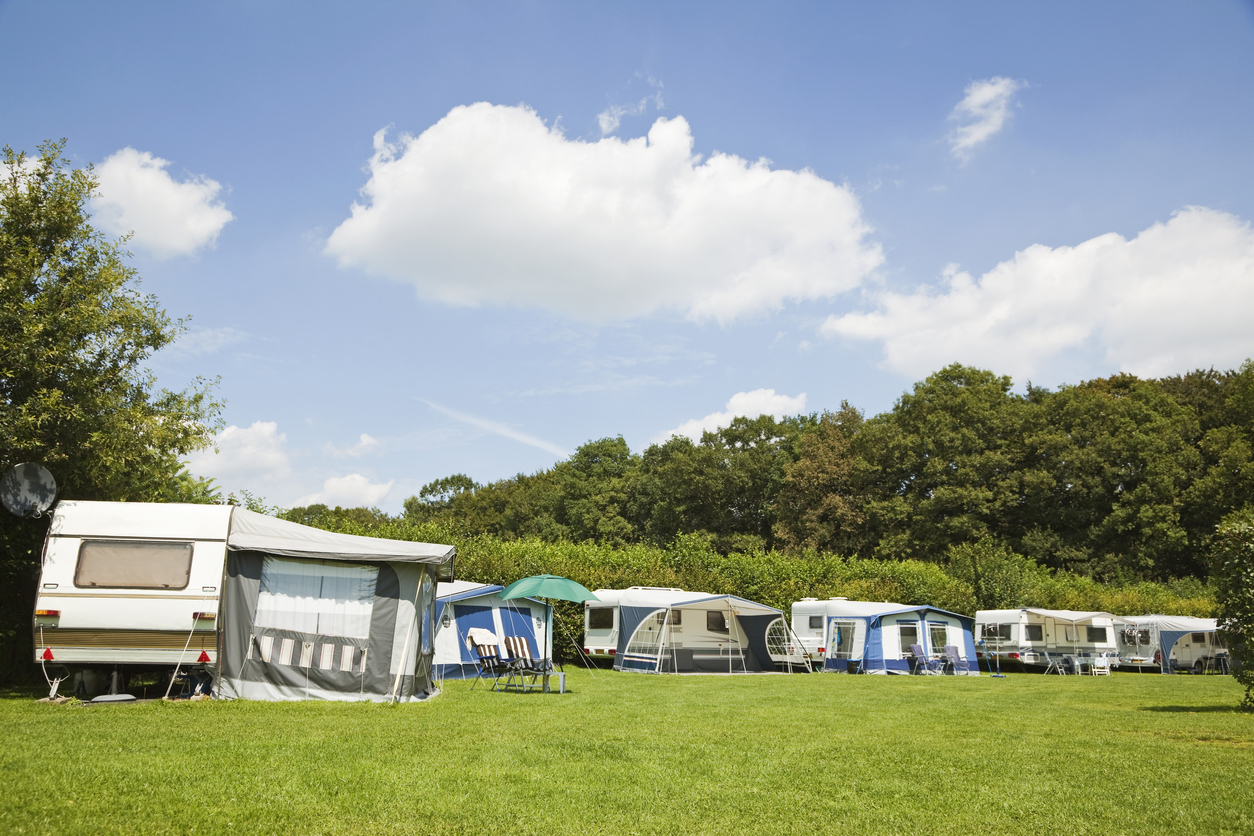
RVing Tips for Beginners
You’ve given it a lot of thought, research and time, and you’ve finally decided it’s time to get into RVing. First of all, welcome! Secondly, there are quite a few things you need to know before you get started. Courvelle’s RV is ready to help!
The world of RVing is massive, but always supportive. Campgrounds are a great place to meet new people to hear their experiences and for them to even warn you to not make the mistakes they did. There are so many things to consider if you’re considering the RV lifestyle, but we’re here to walk you through each step. Keep reading to get started!

Find the right RV
First, you’ll want to decide on the type of RV that best fits you and your lifestyle. This might be the most important thing to consider for many reasons. You’ll have to decide what you’re using your RV for, then you can begin the search for the perfect rig. Here’s a list of things to ask yourself first:
- How often do you plan on using it? If you’re only using it for a weekend or once or twice a year, renting is a great option. You won’t have to worry about any regular maintenance or where to store it in the off season.
- What’s your budget? Find your budget and stick to it! It can be difficult to do this when you see that your perfect RV is wildly out of budget, but there’s more than likely a more affordable option.
- What about size? Here, you should consider how many people you’ll bring with you and where you’ll be parking it. If you plan on going to smaller campgrounds, then a Class A motor home probably isn’t a good idea.
- Will you need a vehicle to pull it with? Do you already own a truck or SUV that is big enough to pull it? Or, will you want a detachable rig?
Make a campground checklist.
Until you get into your own routine, create a packing list and a setup checklist to ensure nothing is forgotten. Depending on the RV you choose to purchase, the list could be pretty extensive or rather short. Either way, always create a digital copy so you can edit and change things quickly.
When RV packing, less is more
It might go without saying, but you really must take advantage of every square inch in your rig, and you don’t want items to constantly be in your way. There are a ton of neat toys and trinkets these days to pack along with you, but you really just need the necessities to have a great trip! You’re RVing to escape reality for a while, anyway – right? Not exactly sure what you need? Do a quick Google search online for templates of what other people found handy.
Learn how to drive your RV.
All RV makes and models and created differently, so even if you’ve driven one before, your own probably won’t drive the same way. A class B is going to drive and feel different than a travel trailer or toy hauler, so it’s important to get the feel of your rig before taking it out on adventures.
Practice parking it, too! Set out a few traffic cones and work on backing in and out of the spot till you become a pro. It does take time, but you’ll thank yourself later when you see the tight camping spaces you’ll soon encounter. If you still aren’t getting the hang of it, sign up for a few classes to ease the process along.
Document your adventures.
Even if it’s taking just a few minutes each night to reflect back on the day and write it down, you’ll thank yourself years down the road when you stumble upon your old notebook. And, as amazing and memorable as your travels will be, you’ll forget details eventually. Writing down the sights you saw, restaurants you ate at, your side trips or highlighting your route from that day will make it easier to remember everything, and you’ll be able to pass these memories down to your family members and other travelers you meet along the way.
Always have tools and extra parts.
You won’t need one of everything, but having a few basic tools to fix a leaky pipe or a squeaky door is always a great idea. Most the time, you’re also trying to get away from the city which means you’ll probably be pretty far away from any sort of services you might need. If this is the case, it’s that more critical to becoming self-reliant for repairs. Something will likely go wrong, so plan accordingly!
Test camping in your driveway.
This will be the true test in finding out if you’re fit for the wild or not. And, if you’re going to fail, at least you’ll be at home! Pack as if you’re ready to really leave, then begin your “trip” in the driveway or yard. As you find things you’ve forgotten, add them to the list. Once you’re sure your RV is fully packed and ready, only then can you really begin the fun. This will prevent lots of stress and worry from taking place, and you’ll feel much more confident because you’ve essentially already camped once! (We won’t tell anyone it was in your driveway.)
There will be hiccups along the way, but that’s what makes it all worth it. Don’t let the problems and speed bumps discourage you from chasing the RV life you’ve always dreamed of. Contact us to speak with a team member for any questions you may have!











